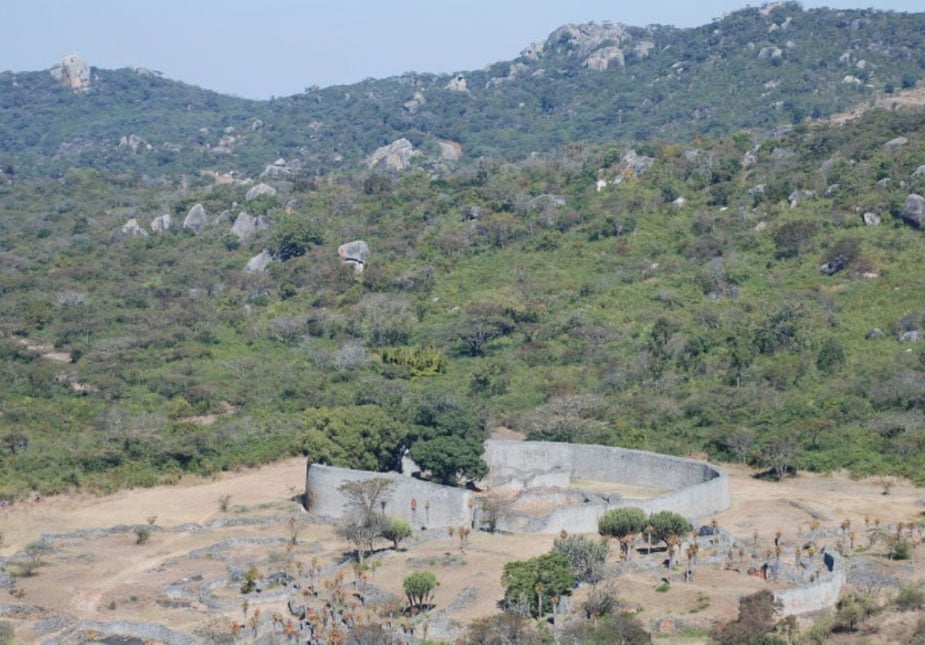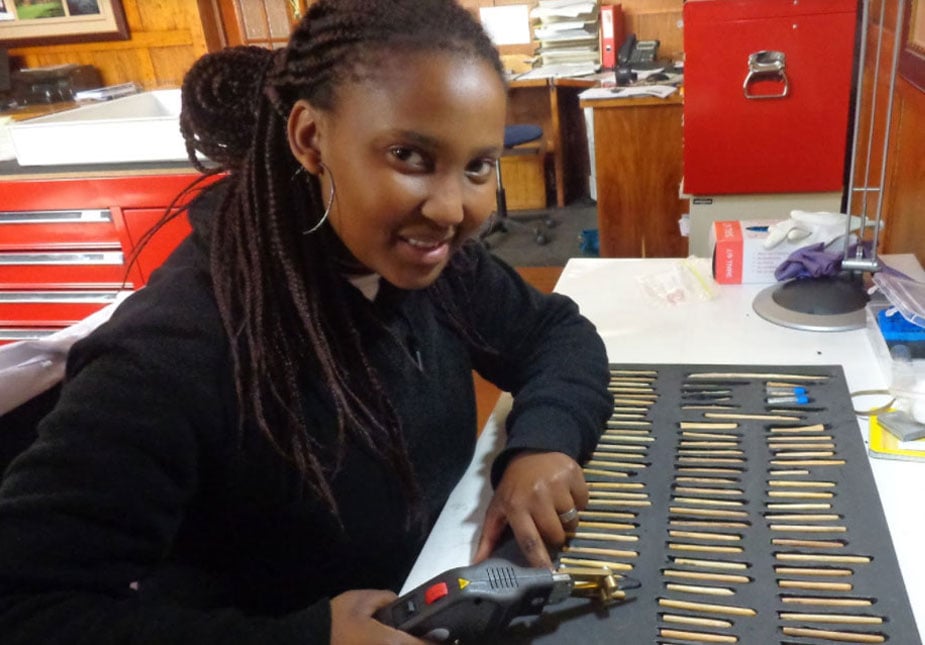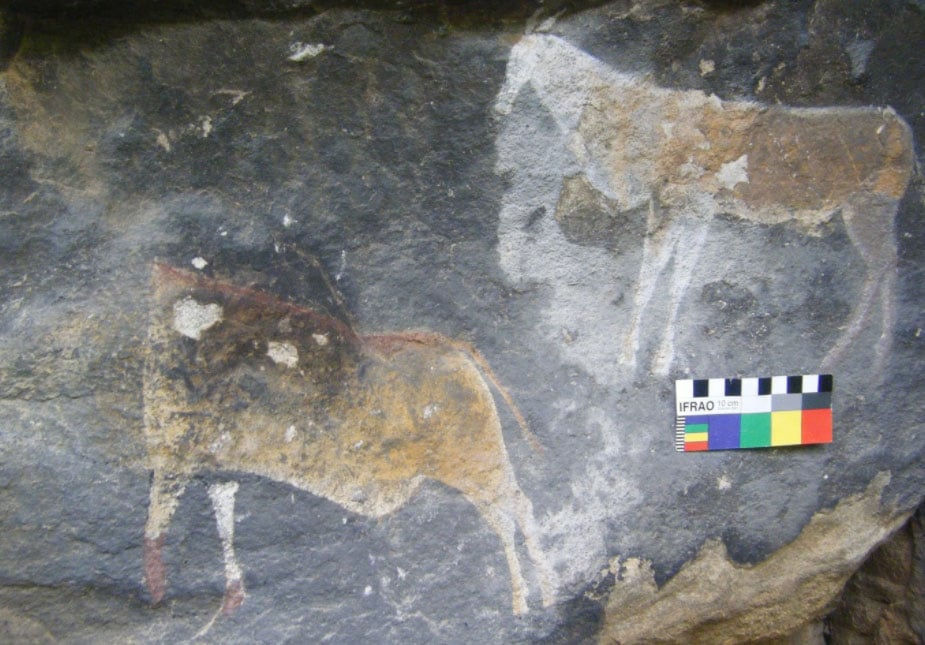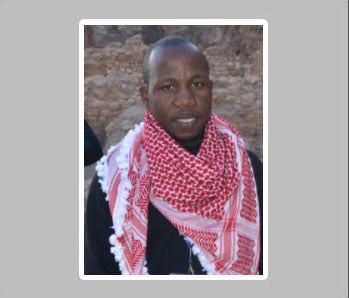New techniques, new attitudes and new perspectives on southern African archaeology mean that the Department of Anthropology and Archaeology at the University of Pretoria (UP) is blazing a new trail and setting the standard for how archaeology should be done in southernAfrica.
From challenging the widely-accepted narratives about ancient civilisations like Mapungubwe and Great Zimbabwe, to driving a transformative agenda of decolonising African archaeology through community engagement and new modern curricula, UP isensuringthat archaeology is relevant to South Africans today.
“The Department is broadly interested in the politics of archaeology: African archaeology is what I would define as a yet-to-be-transformed discipline,” saysDr Ndukuyakhe Ndlovu,aresearcherintheDepartment. “We’re certainly looking to provide and champion a more Afrocentric approach.”
Most of the research at UP focusses on Iron Age archaeology, although Dr Ndlovu himself studies rock art left behind by much older societies. There are two major Iron Age civilisations of interest in this part of the world: Mapungubwe and Great Zimbabwe.
Both are what Ndlovu calls complex states: “Both states show evidence of complex society and social stratification: a clear distinction between the elite and the commoners,” he explains. “These classes emerged because of trade with communities beyond the African continent. Those in power could use the trade networks to stay in power.”

On the edges of Mapungubwe’s influence
New research and excavations in the Limpopo Valley are providing an unprecedented understanding of the 13th century Mapungubwe state, and turning Western ideas about political structures in Africa on their heads along the way.

Tapping ancient water for the present
Researchers at UP’sDepartment of Anthropology and Archaeologyare piecing together how the ancient communities of Great Zimbabwe sourced and managed their water resources. While many think the bustling paradise was abandoned due to water scarcity, research shows that this ancient state was very sophisticated in managing their water supply.

UP researcher traces new maps of ancient networks
Archaeology Master’s student Kefilwe Rammutloa has contributed to a new understanding of Mapungubwe by reconstructing the trade networks in Southern Africa from 700-1400 CE. Using materials like gold, iron and glass beads, she is piecing together social dynamics between settlements.

Painting a new picture of South African rock art
Dr Ndukuyakhe Ndlovu’s research into the ancient rock art found in overhangs and on rock walls around South Africa is revealing new interpretations for long held beliefs about the meaning behind the art.

Decolonising archaeology at UP
Decolonising science is an oft-cited buzzword these days, but what does decolonising archaeology mean? Professor Innocent Pikirayi, Head of the Department of Anthropology and Archaeology at the University of Pretoria, has set out to answer this question through his ongoing work at the institution.
PeopleInvolved

Professor Innocent Pikirayi
Head of Department: Anthropology and Archaeology
Research interests: Water and ancient societies; archaeologies of social complexity; the role archaeology plays in the present

Dr Ndukuyakhe Ndlovu
Senior Lecturer: Department of Archaeology and Anthropology
Research interests:Transformation in archaeology; southern African rock art

Dr Ceri Ashley
Senior Lecturer: Department of Archaeology and Anthropology
Research interests: Material culture studies; Mapungubwe state

Dr Alexander Antonites
Senior Lecturer: Department of Archaeology and Anthropology
Research interests: Material culture studies; Mapungubwe state

Kefilwe Rammutloa
PhD candidate
Research interests: Trade networks in early African states
Copyright © University of Pretoria 2024. All rights reserved.
Get Social With Us
Download the UP Mobile App